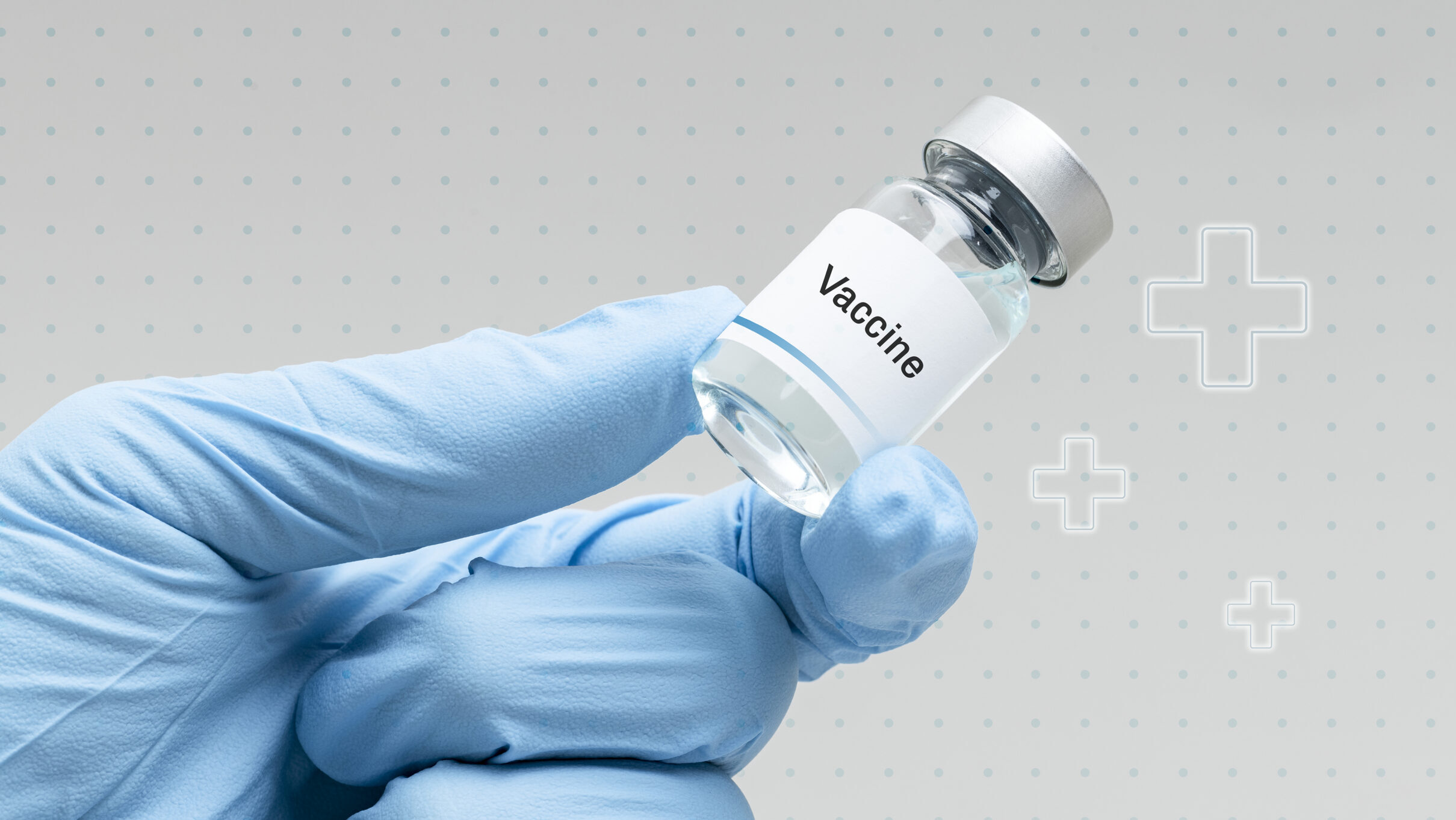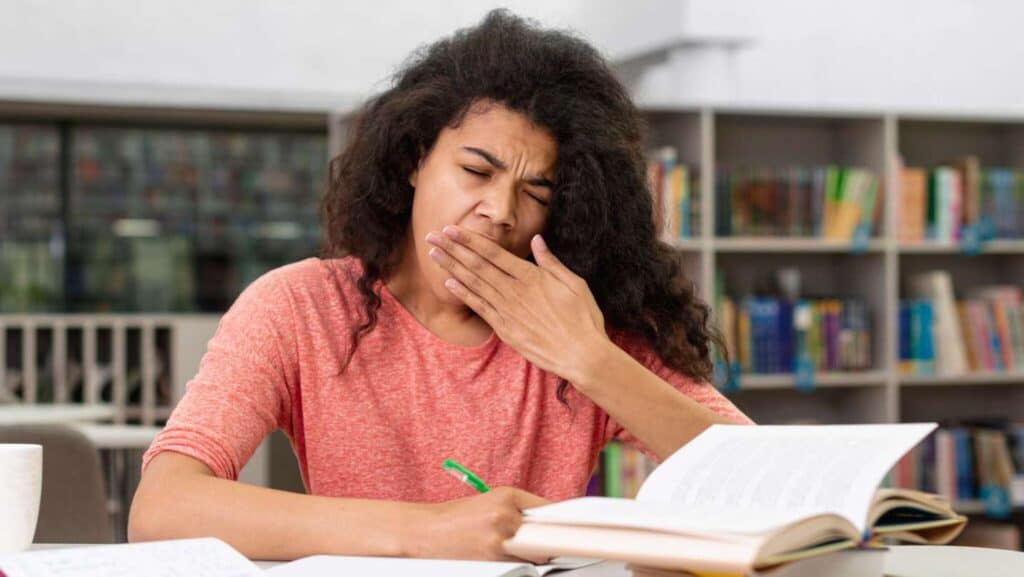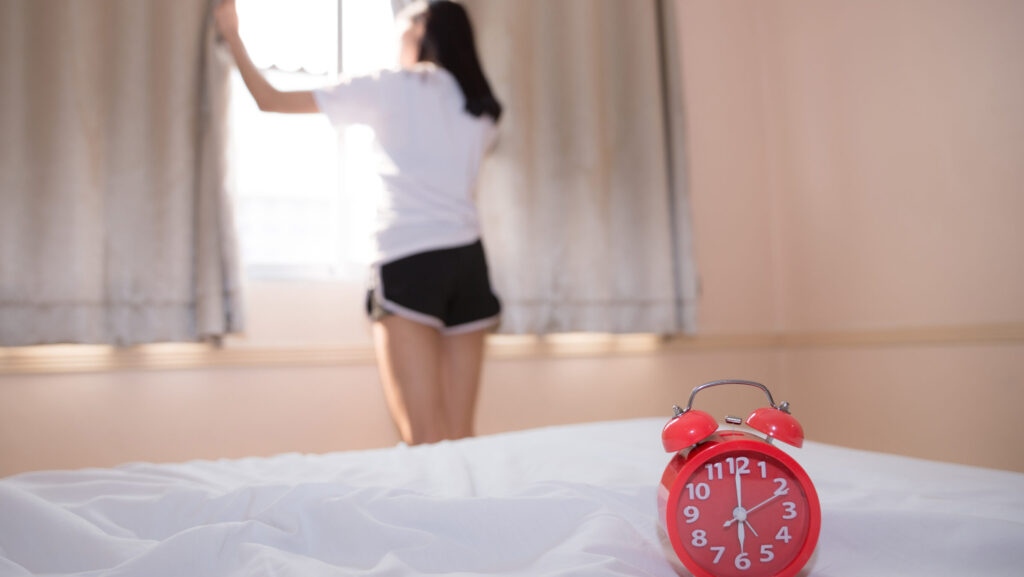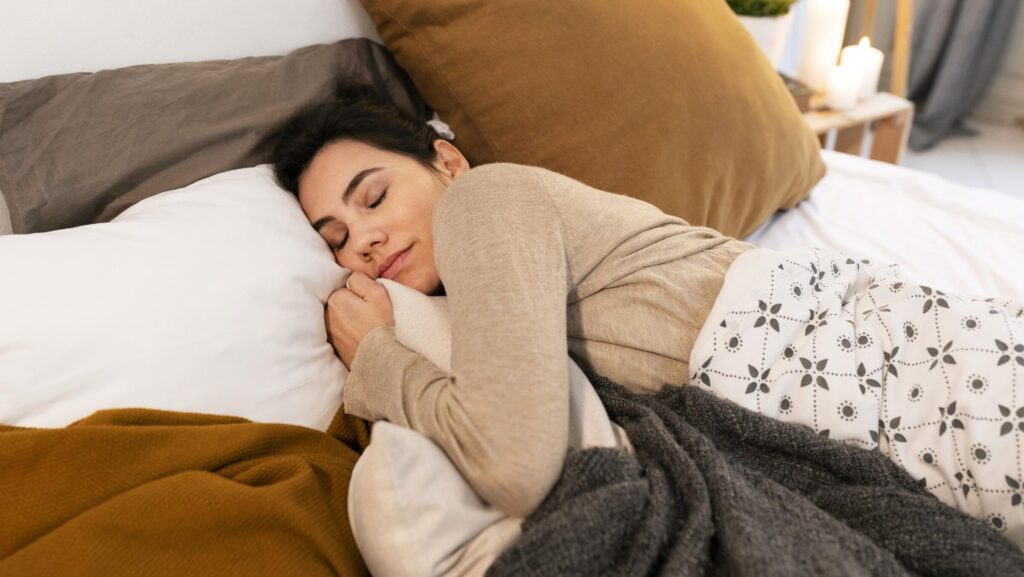New Study Reveals: Quality Sleep Enhances Vaccination Effectiveness & Response

Did you know that those who sleep more than six hours a night produce significantly more antibodies after getting their jabs?
The significance of vaccinations in safeguarding public health cannot be emphasized enough. Vaccines have played a pivotal role in preventing the transmission of diseases such as COVID-19 and have been responsible for saving numerous lives.
However, recent groundbreaking research conducted by scientists from Paris, France, and Chicago, USA, has shed light on an intriguing discovery: the profound influence of quality sleep on enhancing our immune response to vaccinations.
This article explores the intriguing relationship between sleep and vaccination effectiveness, examining the influence of sleep on the immune system and presenting practical strategies to optimize sleep, thereby enhancing the response to vaccinations.
The Impact of Sleep on the Immune System

Source : Centers for Disease Control & Prevention
Sleep is far from a passive state; it plays a pivotal role in fortifying the immune system. Studies by Harvard Health reveal that individuals who sleep less than seven hours a night are three times more likely to catch a cold compared to those who sleep eight hours or more. Chronic sleep deprivation weakens immune defences, diminishing the production of infection-fighting antibodies by up to 50%.
Astonishingly, a single night of inadequate sleep can reduce natural killer cell activity, crucial in combating viral infections, by 70%. By recognizing the profound impact of sleep on the immune system, we can appreciate the importance of prioritising quality sleep to bolster our body’s defences against illnesses and maximise the benefits of vaccinations.
Sleep Quality and Vaccination Response

Source : The Lancet
Scientific studies have consistently revealed the profound impact of sleep quality on vaccination response. Research conducted recently by the National Library of Medicine demonstrates that individuals who experience better sleep quality demonstrate a more robust immune response after receiving vaccines, resulting in heightened protection against infectious diseases.
Remarkably, a study found that individuals with shorter sleep duration experienced a 50% reduction in antibody production compared to those with adequate sleep.
Furthermore, research on the COVID-19 vaccine highlighted that individuals with better sleep quality developed higher antibody levels, showcasing the critical role of sleep in optimising vaccination effectiveness. These findings underscore the significance of prioritising sleep to maximise the benefits of vaccinations and enhance immune response.
Sleep Strategies for Optimal Vaccination Response
Sleep strategies play a pivotal role in optimising the body’s response to vaccinations, with far-reaching implications for overall health and well-being. Here’s why prioritising sleep is of utmost importance for achieving an optimal vaccination response.
Firstly, quality sleep is essential for maintaining a robust immune system. During sleep, the body undergoes critical restorative processes that support immune function, including the production of immune cells and cytokines. Adequate sleep ensures a balanced immune response, facilitating the body’s ability to generate a strong defence against pathogens introduced through vaccinations.
Furthermore, sufficient sleep duration and quality have been linked to increased antibody production following vaccination. Antibodies are key players in neutralising harmful pathogens and providing immunity. By prioritising sleep, individuals can enhance their body’s capacity to produce antibodies, leading to more effective vaccination outcomes and greater protection against infectious diseases.
Sleep also plays a crucial role in reducing inflammation within the body. Chronic sleep deprivation has been associated with elevated levels of inflammation, which can hamper immune responses and compromise vaccine effectiveness. By implementing effective sleep strategies, individuals can mitigate inflammation, creating an environment conducive to optimal vaccination response.
Moreover, sleep strategies contribute to overall health and well-being, enhancing the body’s ability to fight off infections and maintain resilience. Quality sleep supports a healthy lifestyle, including factors such as regular exercise, proper nutrition, and stress management, all of which further bolster the body’s immune system and its response to vaccinations.
Tips for Improving Sleep Quality and Duration:
- Establishing a Consistent Sleep Schedule: Going to bed and waking up at the same time every day helps regulate the body’s internal clock and promotes better sleep.
- Creating a Conducive Sleep Environment: A cool, dark, and quiet bedroom can significantly enhance sleep quality. Use blackout curtains, earplugs, or white noise machines to create an optimal sleep environment.
- Practicing Relaxation Techniques Before Bed: Engaging in relaxation activities, such as meditation, deep breathing exercises, or gentle stretching, can help calm the mind and prepare the body for sleep.
- Limiting Exposure to Electronic Devices: The blue light emitted by electronic devices can disrupt the body’s natural sleep-wake cycle. Minimize device usage before bedtime or use blue light filters to mitigate its effects.
Conclusion
The connection between sleep and vaccination response is a fascinating area of research that underscores the importance of good sleep for optimal health outcomes. By prioritizing sleep and implementing effective sleep strategies, individuals can potentially enhance their immune response to vaccinations, strengthening their protection against infectious diseases.
Promoting sleep awareness and educating the public about the significant role of sleep in vaccination effectiveness can empower individuals to make informed choices and prioritize their sleep health. By acknowledging the potential of sleep as a vital tool in optimizing vaccination response, we take a step forward in safeguarding public health and well-being.
people like this article
Read More About Sleep News
• 3 min read
• 4 min read
• 3 min read
• 4 min read







